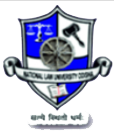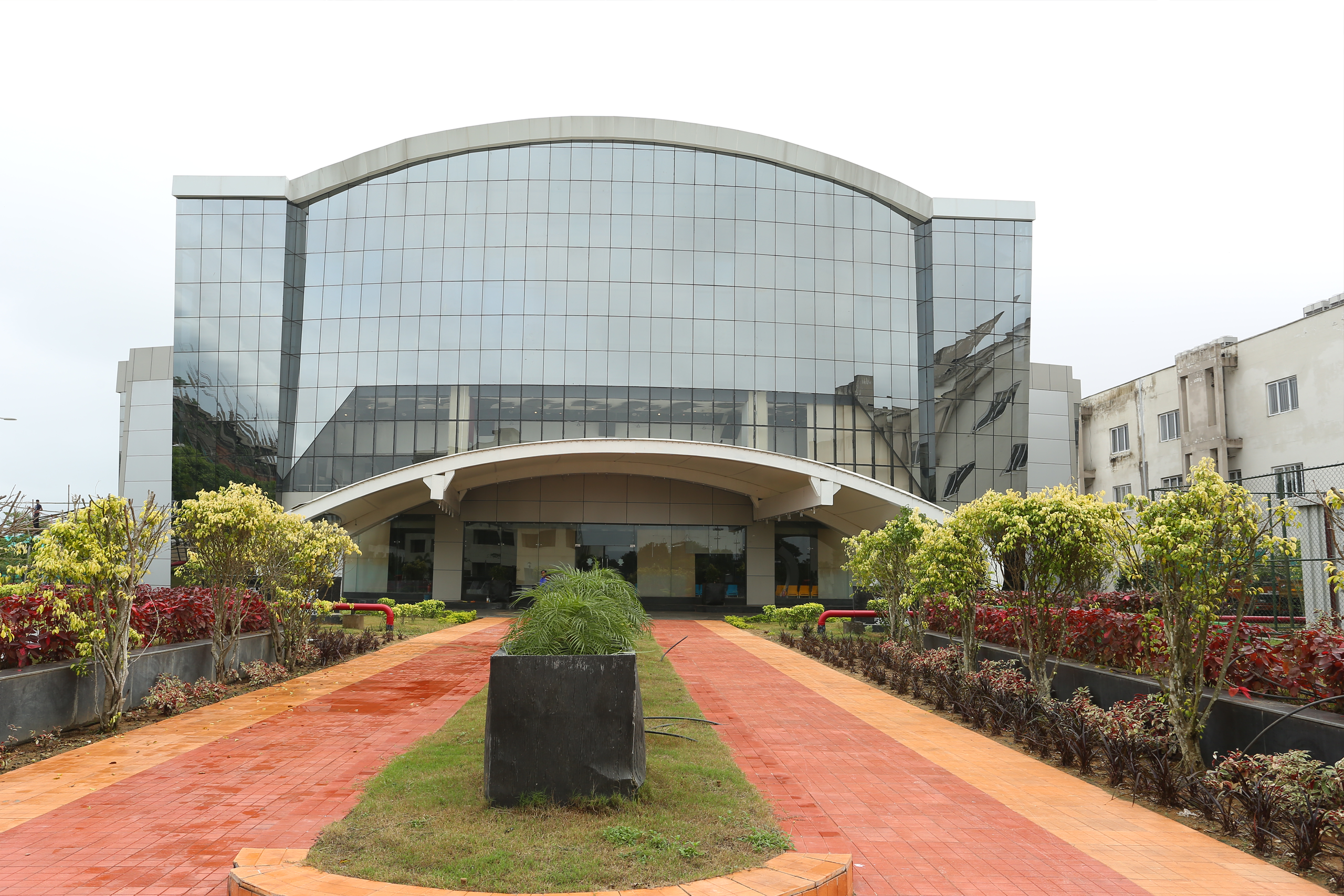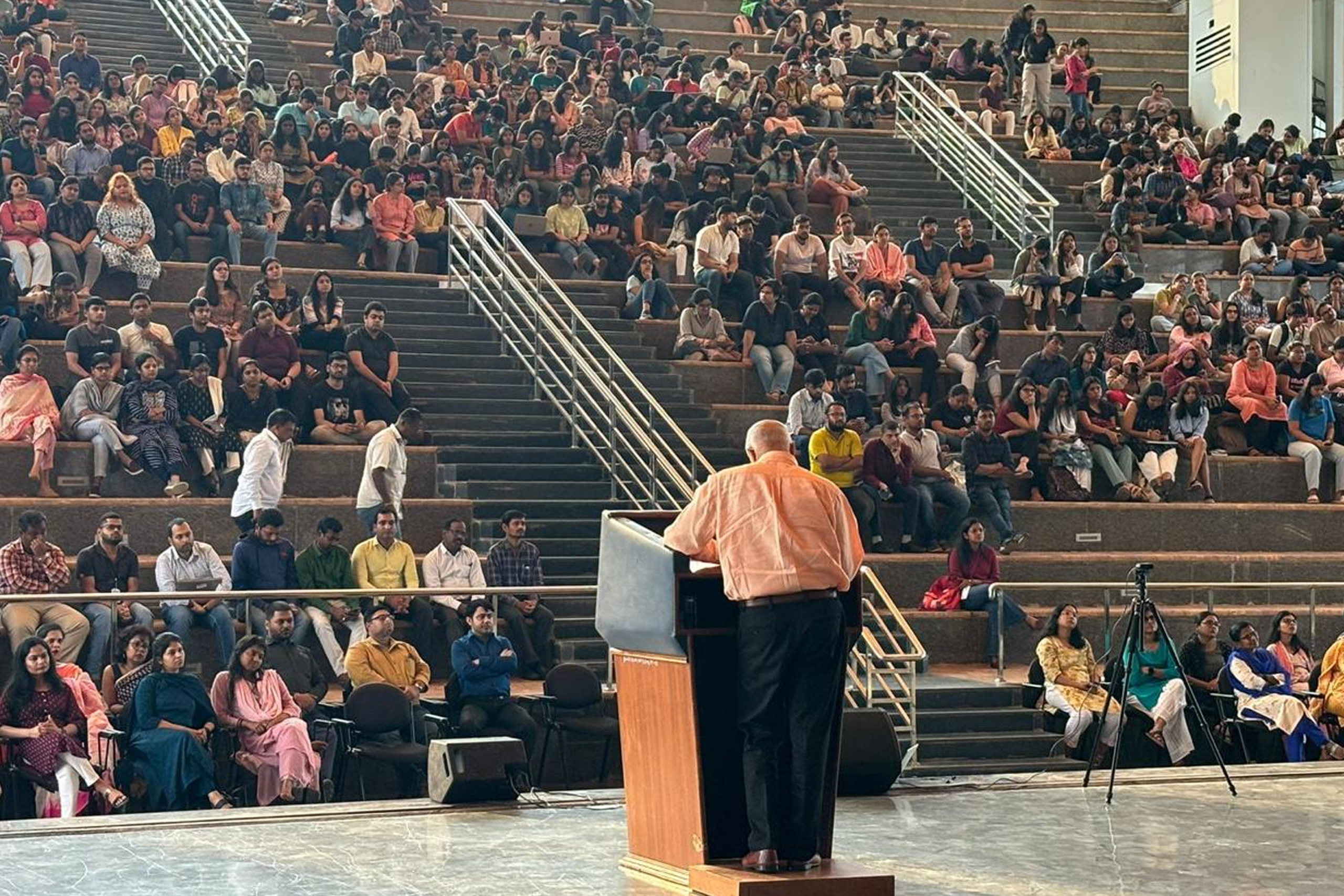“22nd October, 2019: Panel Discussion on ‘Quintessence of Constitution: Public Interest and Public Policy'”
29 Oct 2019
The Constitutional Society of National Law University Odisha in collaboration with RCC (Batch of 2020) and YuvaSansad, successfully organized a Panel Discussion on 22nd October 2019 in the Seminar Hall of the University.The panel consisted of Mr. Tathagata Satpathy(Former Member of Parliament and Chief Whip of Biju Janta Dal), Adv. Kumar Shanu(Co-founder of ‘Whistle for Public Interest’), Ms. ZakiaSoman(Co-founder of Bharatiya Muslim MahilaAndolan and women’s rights activist)with Adv. Ravi Budhwani (Founder, YuvaSansad) acting as the mediator. The Panel Discussion was held on the topic ‘Quintessence of Constitution: Public Interest and Public Policy’.
The Discussion started with taking some questions from the audience regarding the questions of public policy and public interest with a major emphasis on ongoing events in the country. This enabled the valuable issues to be put forth for discussion at the outset. These issues consisted of role of political parties and party politics, personal law regulations such as Nikah-Halala and the idea of social justice. After gauging the general concerns raised by the audience, the panellists were able to focus upon those issues and give their esteemed opinions on the concerning matters.
The Panel then evaluated the struggles the society is facing right now with regards to free speech and the amendment process as a part of policy making. They provided interesting insights into the system by drawing an analogy with the system being followed in India and in other Parliament systems. The role of Right to Information in Public Policy framing was also discussed at length.
After the assertions made by the panellists and their opinions, the floor was again opened to the audience for questions. The panellists recognised those incisive questions and made full attempt to the interesting questions posed by the budding lawyers. This panel discussion was well received by the students as it ignited curiosity regarding the policy making structure and its intricate relation with public interest.
?/p>





